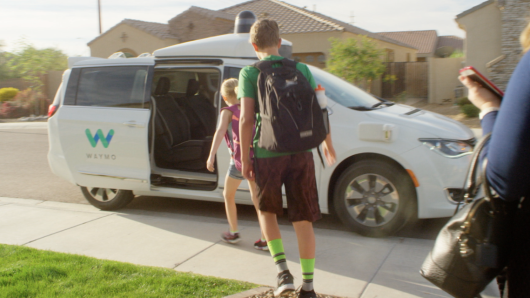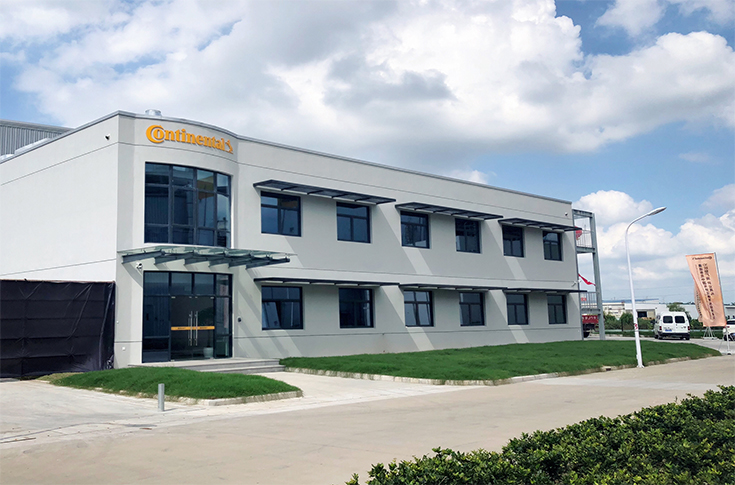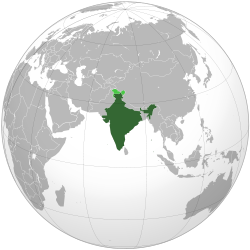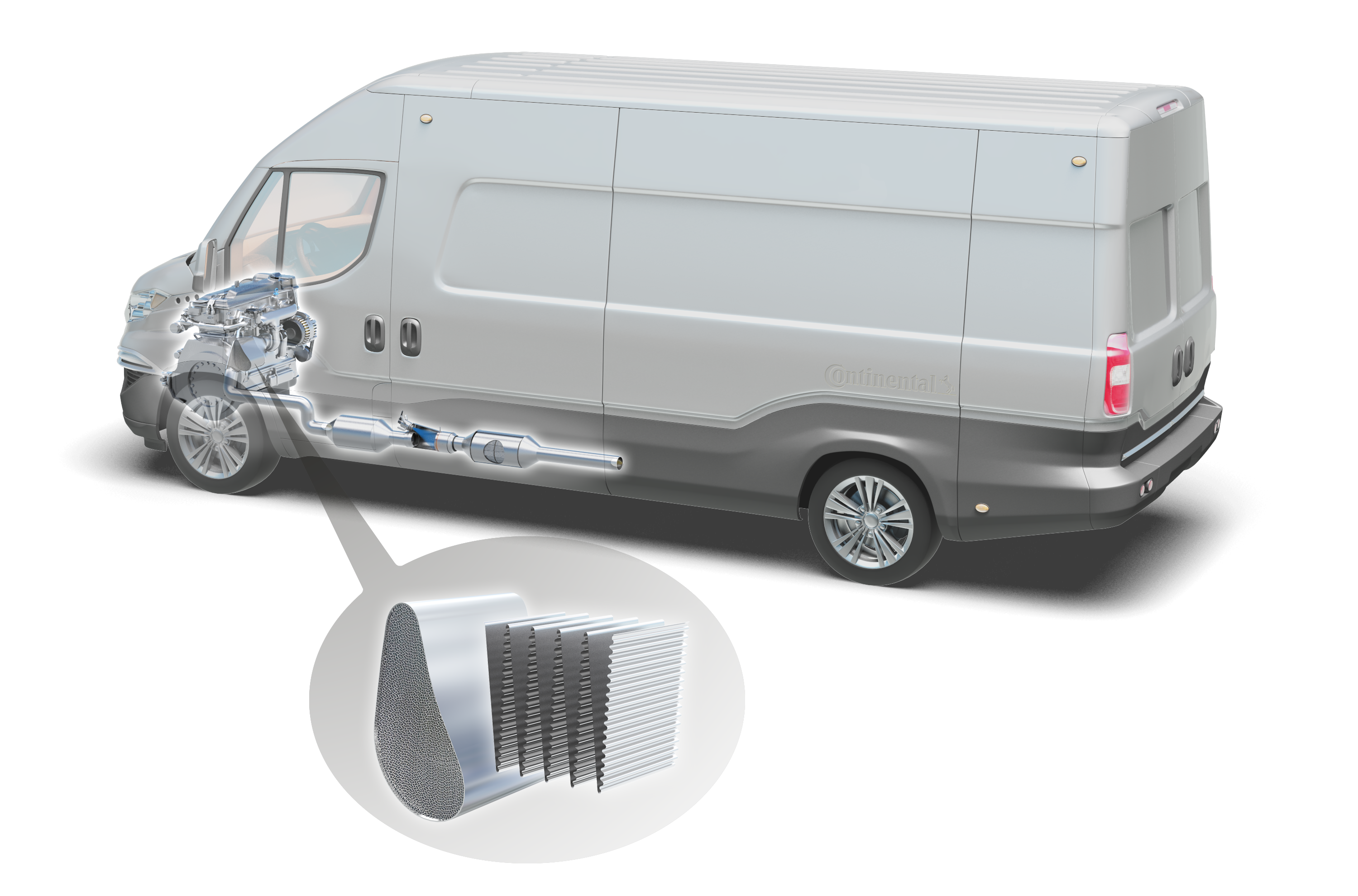STR | AFP | Getty Images
General Motors Buick cars being assembled at Wuhan auto plant in Wuhan, China.
As the Trump administration sought trade concessions from Mexico in recent weeks, automakers and their suppliers feared that manufacturing costs could increase by billions of dollars. Now, they are breathing a sigh of relief.
The auto industry is still waiting to learn details of the preliminary agreement that President Trump and Mexican leaders announced this week and whether Canada will join the deal. Car companies are also watching to see if anything will come of a European Union proposal to eliminate tariffs on vehicles and other industrial goods if the United States agrees to do the same. Mr. Trump on Thursday told Bloomberg News that offer was ''not good enough.''
But analysts and consultants say most companies would be able to comply with the conditions in the agreement with Mexico that have been disclosed so far. Many of the changes that automakers would have to make — like hiring more workers in the United States — were in their plans anyway. But other changes, like requiring automakers to use more parts made in North America and an agreement to cap imports from Mexico, could raise costs and hurt some companies.
Companies ''are glad they now have some certainty on what the new requirements are,'' said Mark Wakefield, global co-head of the industry and automotive practice at AlixPartners, a consulting firm. ''Now they can plan around them and go forward.''
The preliminary deal would require that at least 75 percent of an automobile's value be produced in North America in order for a company to import it into the United States duty free. That is up from 62.5 percent under the North American Free Trade Agreement, the 1993 deal that Mr. Trump has called the ''worst trade deal ever made.''
Automakers would also have to use more local steel, aluminum, glass and other parts. In addition, 40 to 45 percent of vehicles would have to be made by workers earning at least $16 an hour — a provision meant to preserve and create jobs in the United States and Canada, where wages are much higher than in Mexico.
These terms would force automakers to buy more parts made in the United States — and possibly Canada. That should modestly increase employment at suppliers like Delphi Technologies and Johnson Controls, analysts said.
''The main takeaway so far is there is no giant influx of jobs coming into the U.S.,'' said Kristin Dziczek, vice president for industry, labor and economics at the Center for Automotive Research in Ann Arbor, Mich.
More from The New York Times:
Coca-Cola Bets on Coffee With $5.1 Billion Deal for Costa
Too Many Chinese Children Need Glasses. Beijing Blames Video Games.
White House Gives Canada More Time to Rework Nafta
'A solution in search of a problem'
The auto industry has been adding jobs in the United States for several years. In July, more than 972,000 people worked for car and parts companies, 40,000 more than a year earlier, according to the Bureau of Labor Statistics. Manufacturers have added more than 300,000 jobs since 2009, when General Motors and Chrysler needed a government bailout to survive.
And while a half-dozen auto plants have been built in Mexico in the last decade, new plants are going up in the United States, too. Volvo, the Swedish carmaker, is building a factory in South Carolina that the company says will employ 4,000 people by 2021. Toyota and Mazda recently agreed to jointly build a plant in Alabama.
''In some ways,'' said Charlie Chesbrough, a senior economist at Cox Automotive, the new trade rules amount to ''a solution in search of a problem.''
But some industry associations are not as sanguine. The Motor and Equipment Manufacturers Association, which represents parts makers, is worried about a side agreement that the Trump administration reached with Mexico that could be used to cap duty-free auto imports from that country in the future.
That side deal ''may serve to decrease American manufacturing jobs and exports and put U.S. businesses at a global disadvantage — all while increasing costs to consumers,'' the association said in a statement.
The Mexican government has said about 30 percent of the cars now exported to the United States do not meet the requirements of the new agreement. They include popular compact models like the Honda HR-V, the Volkswagen Jetta and Golf, the Nissan Sentra, and the Ford Fiesta and Fusion.
If manufacturers can't find enough North American parts for those Mexican-made cars, they could still import them into the United States by paying a 2.5 percent tariff. That would force companies to either raise prices or accept smaller profit margins, or some combination of the two.
Another option is to stop selling those noncompliant vehicles in the United States. Some small cars are already set to go away.
With American consumers flocking to roomier sport utility vehicles, Ford will stop selling the Fiesta, the Fusion and other sedans in its home market. On Friday, the company said it would also cancel plans to import a Focus crossover from China because the Trump administration was considering imposing tariffs on an additional $200 billion of imports from that country. The president has also said he wants to place a 25 percent duty on cars and car parts.
Other companies might not have that choice. Although sales of the Jetta and the Golf have fallen about 40 percent this year, they are two of Volkswagen's top-selling models in the United States. Honda has a lot riding on the HR-V, which is built in an $880 million plant in Mexico that opened in 2014.
''The HR-V is doing really well for us,'' said Adam Silverleib, vice president of Silko Honda, a dealership in Raynham, Mass. Losing the model ''would definitely hurt.''
Some companies could find it harder to meet fuel-economy standards if they got rid of smaller cars. The Trump administration is trying to roll back those standards, though court challenges could prevent a resolution of the issue for years.
While fears about the scrapping of Nafta have eased somewhat, automakers are still concerned about Mr. Trump's plans for higher tariffs on cars and car parts. The president has argued that auto imports pose a threat to national security, a rationale he used to raise tariffs on steel and aluminum imports.
Ms. Dziczek of the Center for Automotive Research said those higher tariffs would significantly increase costs and would thus be much more damaging than the terms of the preliminary agreement with Mexico. Even vehicles made in the United States would be affected because many include imported parts.
Her firm estimates that a 25 percent tariff on imported cars — excluding those made in Mexico and Canada — would increase prices of vehicles made in North America by $1,135; imported models would cost $3,980 more.
As a result, the center estimates, annual auto sales would fall by 1.2 million vehicles and the industry would lose 197,000 jobs.
F
—



